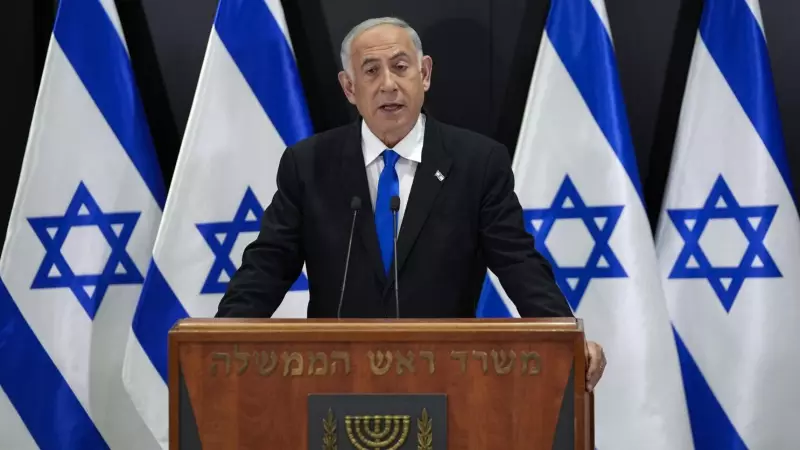
In a dramatic escalation of diplomatic tensions, Canada finds itself at the center of an international legal storm. Karina Gould, Canada's Minister of Families, Children and Social Development, has made a stunning declaration that could redefine Canada-Israel relations.
The Controversial Pledge
Minister Gould unequivocally stated that Canada would be compelled to arrest Israeli Prime Minister Benjamin Netanyahu if he were to set foot on Canadian soil. This bold position comes in response to the International Criminal Court's (ICC) recent decision to seek arrest warrants for Netanyahu and Israeli Defense Minister Yoav Gallant.
"If he were to come to Canada," Gould declared during a television interview, "we would have to arrest him." This isn't merely political rhetoric—Canada, as a signatory to the Rome Statute that established the ICC, has binding legal obligations to comply with the court's warrants.
Trudeau's Careful Navigation
Prime Minister Justin Trudeau, while acknowledging the ICC's independence, has expressed profound reservations about the court's decision to equate Israeli leaders with Hamas officials. The Canadian government finds itself walking a diplomatic tightrope, balancing its commitment to international law with its longstanding alliance with Israel.
Trudeau's measured response highlights the complexity of the situation: "We respect the independence of the ICC, but we have long held that it doesn't have jurisdiction in this case," the Prime Minister stated, reflecting the government's attempt to maintain diplomatic relationships while upholding legal principles.
International Repercussions
The ICC's actions have sent shockwaves through global diplomacy. Chief prosecutor Karim Khan's allegations against Netanyahu and Gallant include starvation of civilians as a method of warfare and extermination and/or murder in connection with Israel's military operations in Gaza.
This development places Canada and other ICC member states in an unprecedented position. The theoretical scenario of arresting a sitting head of government of a allied nation now becomes a tangible diplomatic challenge that could test international alliances and the global legal order.
The Road Ahead
As the ICC's pre-trial chamber considers the prosecutor's request for arrest warrants, the international community watches closely. Canada's position, as articulated by Minister Gould, signals a potential shift in how Western nations might approach accountability in international conflicts.
The situation remains fluid, with legal experts debating the implications and diplomatic channels working overtime to manage the fallout. One thing is certain: the rules of international engagement may be changing before our eyes.





